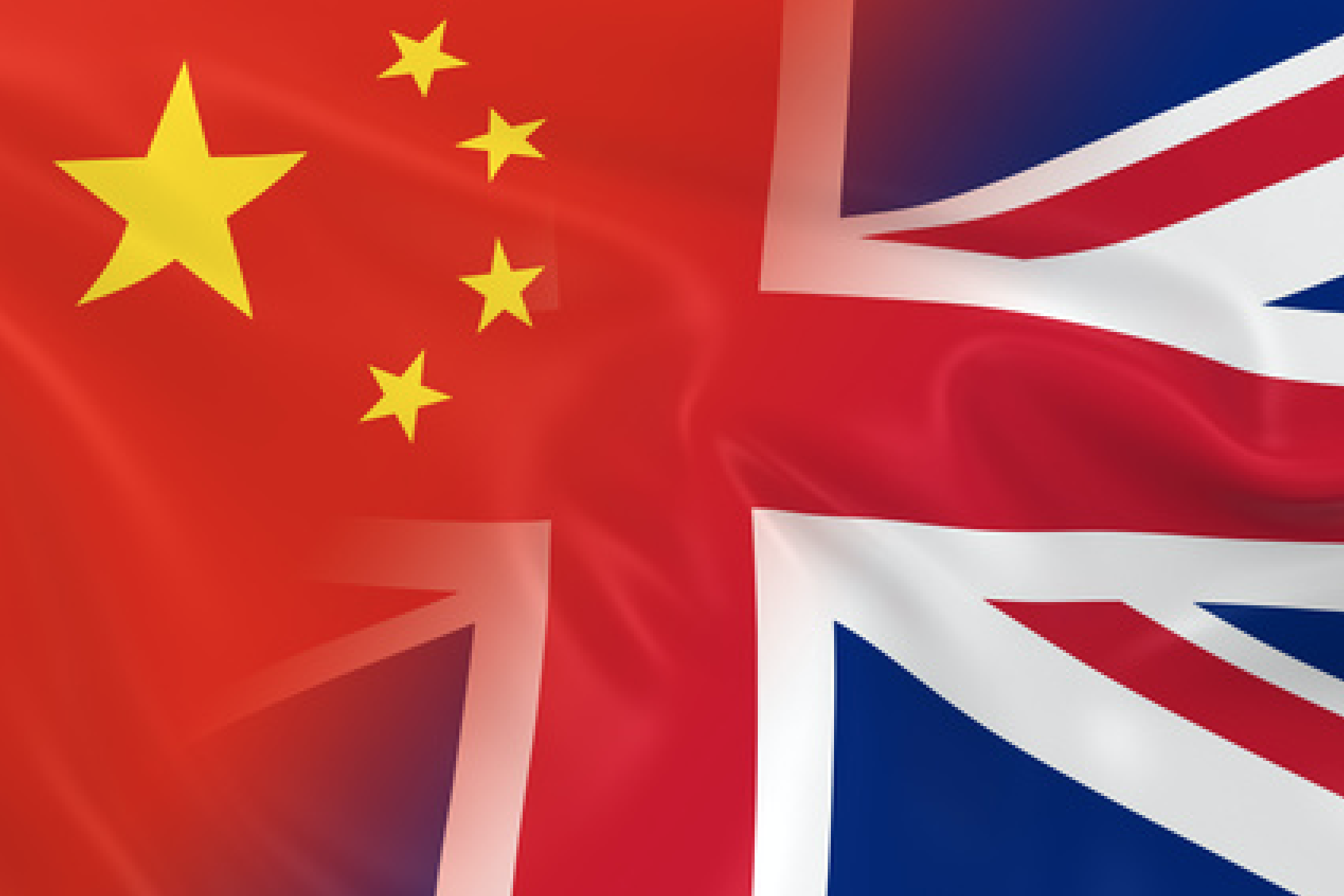On Aug. 18, the world's oldest publishing house - Cambridge University Press blocked access within China some 315 articles and book reviews from the academic journal The China Quarterly, in compliance to a request made by the authorities through the Chinese import agency.
Following an outcry from the global academic community and beyond over academic freedom, the articles have been unblocked and reposted on Aug. 21.
Statement regarding @CambridgeUP and China Quarterly. pic.twitter.com/CINp86Cqxh
— Cambridge University (@Cambridge_Uni) August 21, 2017
Academic freedom restricted
In an updated message online, Tim Pringle, Editor of the journal said:
"As Editor, I would like to express my support for CUP’s decision to repost the articles. It comes after a justifiably intense reaction from the global academic community and beyond. Access to published materials of the highest quality is a core component of scholarly research. It is not the role of respected global publishing houses such as CUP to hinder such access. The China Quarterly will continue to publish articles that make it through our rigorous, double-blind peer review regardless of topic or sensitivity. Our publication criteria will not change: scientific rigour and the contribution to knowledge about China."
The censorship request earlier had targeted articles containing topics that China has long regarded as taboo, including: the 1989 Tiananmen incident, Cultural Revolution, ethnic tensions in Xinjiang and Tibet, and Hong Kong's political movements.
Tim Pringle in his earlier statement after the move by China to censor articles, said that "this restriction of academic freedom is not an isolated move but an extension of policies that have narrowed the space for public engagement and discussion across Chinese society".
Representatives from the Cambridge University Press also released a statement saying that they were "troubled by the recent increase in requests of this nature".
Intense reaction from the global academic community and beyond
The initial compliance to the censorship request attracted many open letters and comments from the global academic community that critically denounced the move.
One of the most widely-shared open letters was written by Professor of History James Millward at Georgetown University, which slammed the move as a "craven, shameful and destructive concession to the PRC’s growing censorship regime".
The outcry also led to a petition launched by Christopher Balding, an American political economist and associate professor at Beijing University.
It attracted more than 1,000 signatures from academics worldwide who have signed the petition to "call upon Cambridge University Press to refuse the censorship request not just for the China Quarterly but on any other topics, journals or publication that have been requested by the Chinese government".
[related_story]
Chinese authorities have not formally responded to the latest developments. But an op-ed in the English edition of Global Times, a state-run newspaper with a nationalist bent had said: "Western institutions have the freedom to choose. If they don't like the Chinese way, they can stop engaging with us. "
Top image via here
If you like what you read, follow us on Facebook, Instagram, Twitter and Telegram to get the latest updates.


